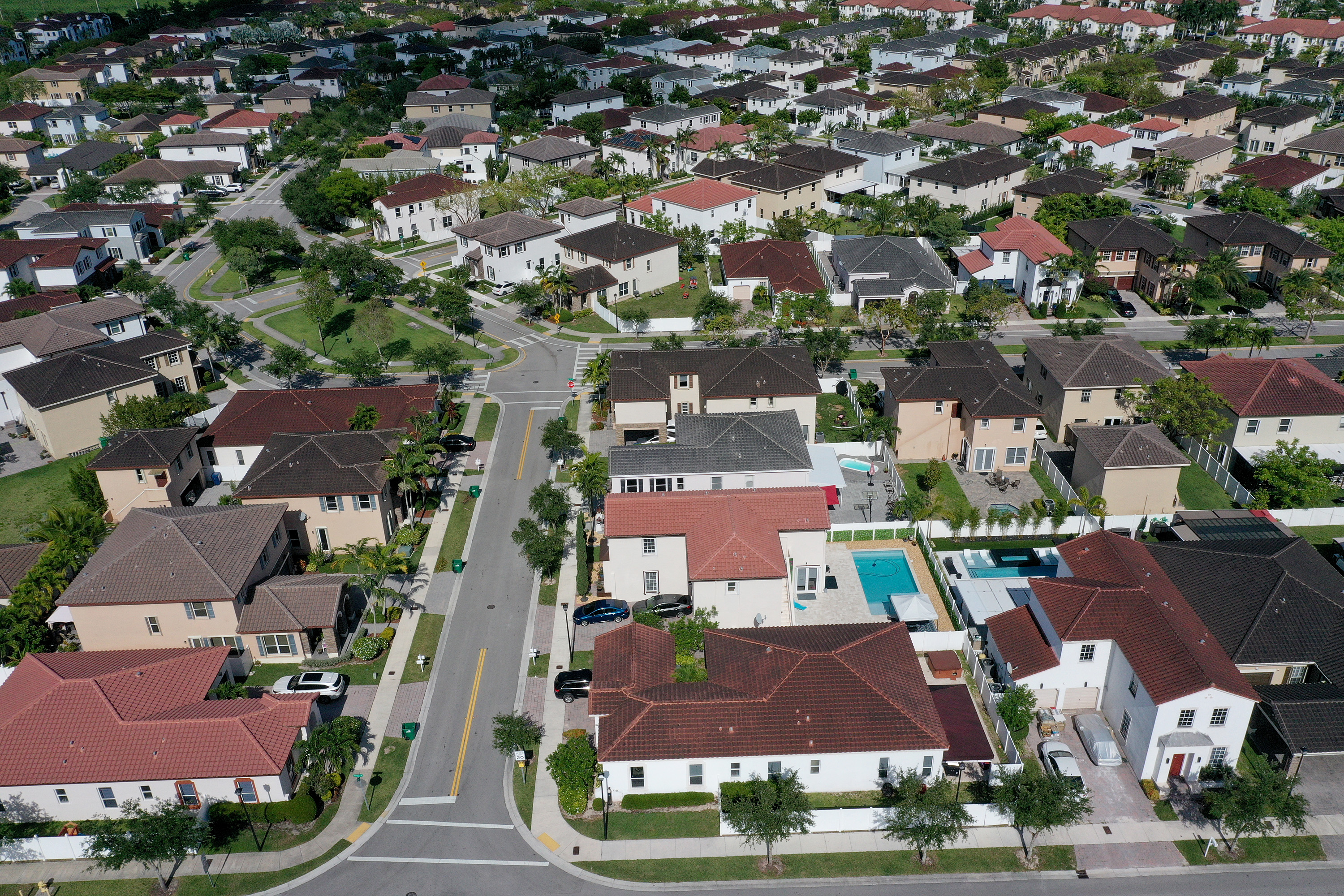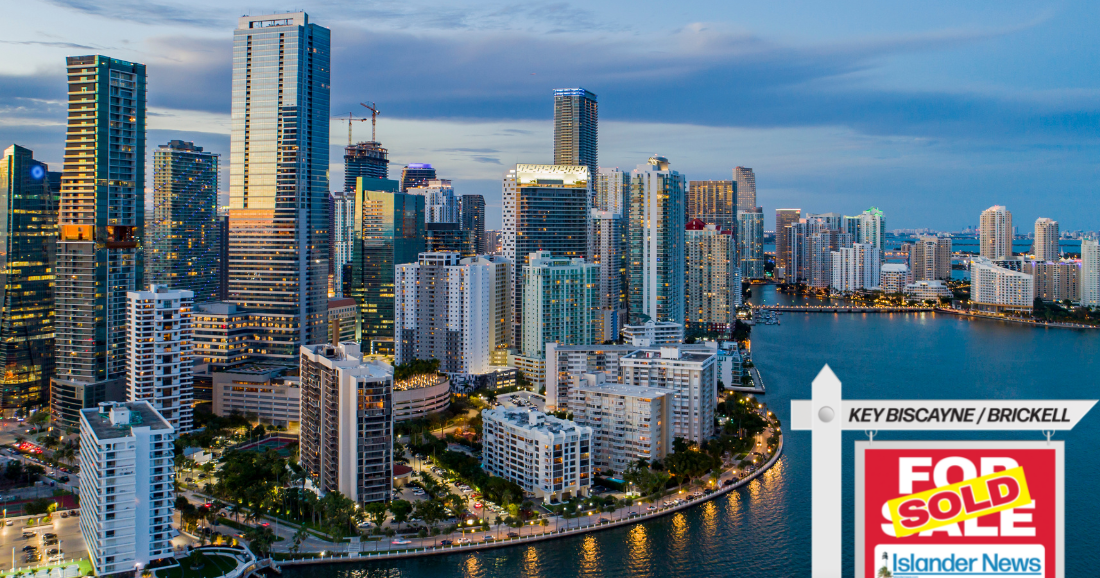Florida’s Housing Market Is in Trouble

Sales of condos in Florida have dramatically fallen in recent weeks, even as prices dropped in some of its major metros and the number of “motivated” sellers in the state—those willing to accept a lower offer in order to sell quickly—is currently the highest in the country.
House prices at the state level have been steadily growing in the past months, with the median sale price for all homes in Florida being $404,100 in January, up 4.5 percent year-on-year, according to Redfin data.
While these numbers suggest that the price correction undergone by the U.S. between late summer 2022 and spring 2023 is definitely over in the Sunshine State, they don’t explain why Florida is underperforming compared to the national market, with some of its major metros seeing a plunge in home sales and prices.
According to Redfin data, the number of sales in Jacksonville plunged by more than 27 percent in January compared to a year ago, while in Miami it dropped by nearly 9 percent. In Jacksonville, home prices have fallen 6.5 percent compared to a year ago, while in Miami they slid by 2.5 percent.
Joe Raedle/Getty Images
This is going against the trend at the national level, where condo prices are accelerating and sales are performing at a higher rate, according to Redfin. So what’s going on in Florida?
Lawrence Yun, chief economist and senior vice president of research at the National Association of Realtors, explained the drop in condo sales as due in part to the ongoing insurance crisis in the state, and in part due to higher fees for condos.
“Long-term factors could be due to the sharp rises in property insurance premiums,” Yun told Newsweek. “And a second factor could be that many condominiums must have extra funds in reserve for repair and maintenance in the aftermath of the tower collapse a few years ago.”
“So, the higher condo association fees are an added burden for condo owners, which also deters buyers—unless the price falls enough to compensate for the ongoing, higher monthly condo association fees.”
The cost of home insurance in Florida has risen by 102 percent in the past three years, according to data from the Insurance Information Institute (Triple-I) cited by Fox 13, and they are three times more expensive than the national average.
Home insurance in 2023 cost about $6,000, according to Triple-I, the highest average premium in the country.
While demand is low and people are seeking cheaper properties, Florida’s home prices are still rising because supply remains low.
“While the lowest housing affordability in four decades has drastically reduced demand for homes, pushing existing single-family home sales to their lowest level since the Great Financial Crisis, a simultaneous reduction in supply is keeping a floor under prices,” Moody’s Analytics housing economist Matt Walsh told Newsweek.
“The condo market is displaying a similar dynamic to the market for single-family homes,” Walsh explained. “Transaction volumes are low, but prices as measured by the Moody’s Analytics Home Price Index continue to climb. Nevertheless, the pace of appreciation is slow, and this is most pronounced among the most expensive condo units.”
According to Walsh, the rise in mortgage rates and monthly payments has been the greatest for the most expensive properties in the state, and what prospective buyers remain in the market are shifting their search to lower-priced properties.
As previously reported by Newsweek, Redfin said that buyers are turning away from condos and looking at single-family units as a result of the higher fees associated with condos, contributing to bringing sales and prices of single-family units up.
Walsh said that low affordability and lean supply will remain the dominant forces in Florida’s housing market over 2024.
“Moody’s Analytics expects prices to move sideways in the coming years, slowly restoring the balance between median house prices and median incomes,” he said. “All told, this adjustment will occur over an extended time before affordability is restored, barring a recession.”
Yun is positive about the future of the state, despite the current troubles. “We must determine whether this trend [lower sales] is sustained or just a short run, because Florida has one of the fastest job creation and population additions among all states,” he told Newsweek.
“More people mean more housing demand eventually, even though the short-term timing of the purchase may be influenced by mortgage rates.”
But others think that troubles might still be ahead for Florida’s housing market. Lance Lambert, a reporter for ResiClub, wrote that several major metros in Southwest Florida have seen the biggest inventory increase year-on-year between January 2023 and January 2024, suggesting they might see prices dropping soon.
According to Lambert’s data, inventory was up by 149 percent year-on-year in Punta Gorda, 103 percent in Cape Coral-Fort Myers, 81 percent in North Port-Sarasota-Bradenton and 62 percent in Naples-Marco Islands.
Uncommon Knowledge
Newsweek is committed to challenging conventional wisdom and finding connections in the search for common ground.
Newsweek is committed to challenging conventional wisdom and finding connections in the search for common ground.


